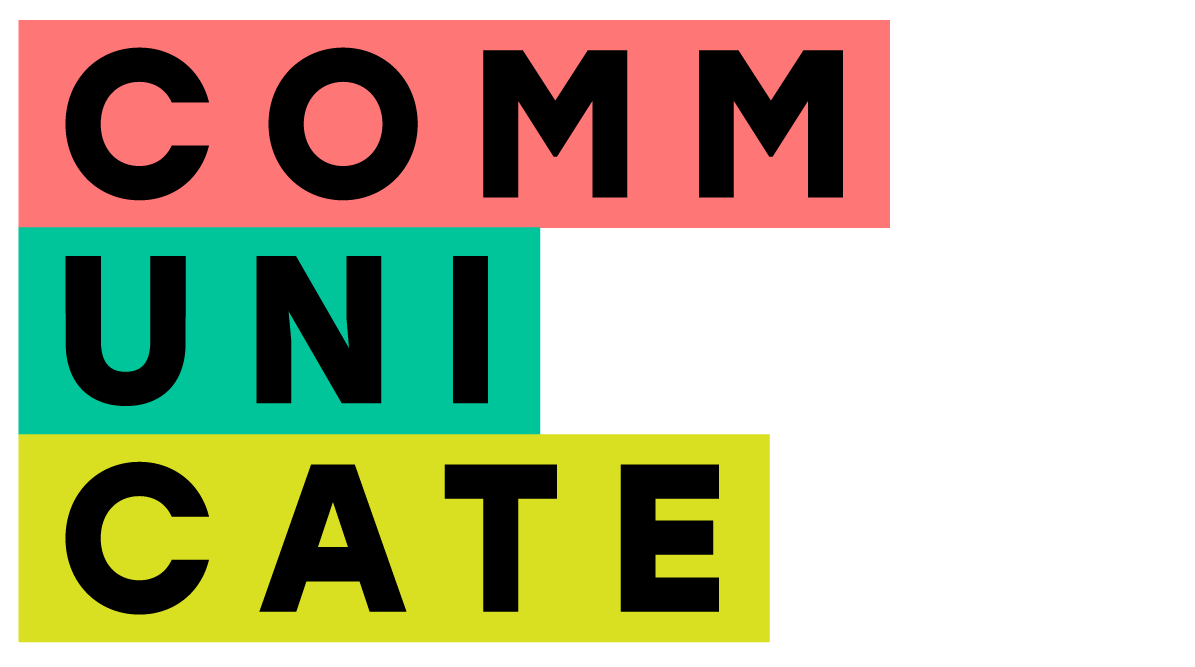Supporting Transgender Employees: A Guide to Workplace Allyship
Imagine a world where you walk into work each day, not to a place of opportunity and growth, but to a battlefield of misunderstanding and disrespect. A world where your identity, your very essence, is constantly questioned, misgendered, and dismissed. This is the reality for many transgender employees, who face a unique set of challenges that can make their work experience a daily struggle, significantly impacting their mental health, job performance, and overall well-being.
Common Challenges Faced by Transgender Employees
Discrimination and Harassment: Transgender individuals may experience verbal abuse, physical harassment, or even violence in the workplace. This can create a toxic work environment and lead to decreased morale and productivity.
Misgendering and Deadnaming: Being repeatedly misgendered or called by a former name can be deeply hurtful and disrespectful. It can also create a sense of isolation and undermine their professional identity.
Lack of Inclusive Policies: Many workplaces lack inclusive policies and practices that address the specific needs of transgender employees. This can include issues related to name and gender marker changes, restroom access, and dress codes.
Stigma and Stereotypes: Transgender individuals may face negative stereotypes and misconceptions, which can lead to discrimination and exclusion.
Mental Health Challenges: The stress and discrimination associated with being transgender can contribute to mental health issues such as anxiety, depression, and post-traumatic stress disorder (PTSD).
How to Be an Ally to Transgender Colleagues
The power to create a more inclusive and compassionate workplace lies within us all. As colleagues, leaders, and members of the broader community, we have the opportunity to become allies, to stand up for those who are often underrepresented and misunderstood.
Educate Yourself: Learn about the experiences of transgender individuals and the challenges they face. This can help you to be more understanding and empathetic.
Use Inclusive Language: Use gender-neutral language and avoid making assumptions about someone's gender identity.
Respect Pronouns: Use the correct pronouns for your transgender colleagues. If you're unsure, ask politely.
Challenge Discrimination: If you witness or experience discrimination or harassment, speak up and report it to your HR department or a manager.
Create an Inclusive Workplace Culture: Encourage open and respectful communication, and promote diversity and inclusion initiatives.
Offer Support: Be a supportive colleague and offer assistance when needed. This could involve helping them navigate workplace policies or simply listening to their concerns.
Organisational Support for Transgender Employees
Develop Inclusive Policies: Implement policies that address the specific needs of transgender employees, such as name and gender marker changes, restroom access, and dress codes.
Provide Training: Offer training to all employees on transgender issues, sensitivity, and respect.
Create Support Groups: Establish employee resource groups or support networks for transgender employees to connect with each other and share experiences.
Offer Mental Health Resources: Provide access to mental health services and support for transgender employees.
Monitor and Address Workplace Climate: Regularly assess the workplace climate for transgender employees and take steps to address any issues.
The journey towards a truly inclusive workplace is a collective effort. By educating ourselves about the experiences of transgender individuals, we can cultivate empathy and understanding. Using inclusive language, respecting pronouns, and challenging discrimination are tangible steps we can take to create a more welcoming environment. When we offer support, listen with compassion, and advocate for change, we empower transgender employees to thrive and reach their full potential.
Are you ready to take the next step?
Contact us to schedule a customised employee training workshop tailored to your organisation's specific needs.
Visit our services page to learn more about how we can help you create a more inclusive and supportive workplace.
